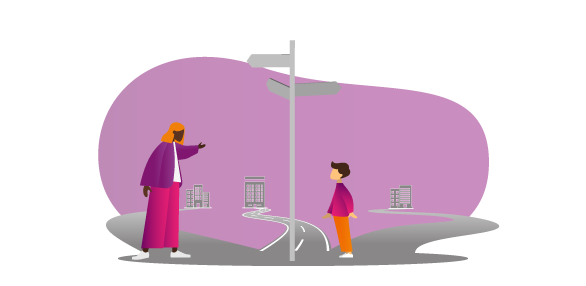Domaines prioritaires
Sur proposition de l’OEJQS, le ministre de l’Éducation nationale définit chaque année des domaines à traiter en priorité (Mémorial A183, art. 2). L’identification de ces domaines prioritaires se fait notamment par le biais d’une analyse des indicateurs et des constats qui y sont liés. L’analyse des indicateurs permet en outre d’examiner différentes évolutions du système éducatif sur une longue période, d’identifier d’éventuelles tendances ou de comparer les données avec celles d’autres pays.
















